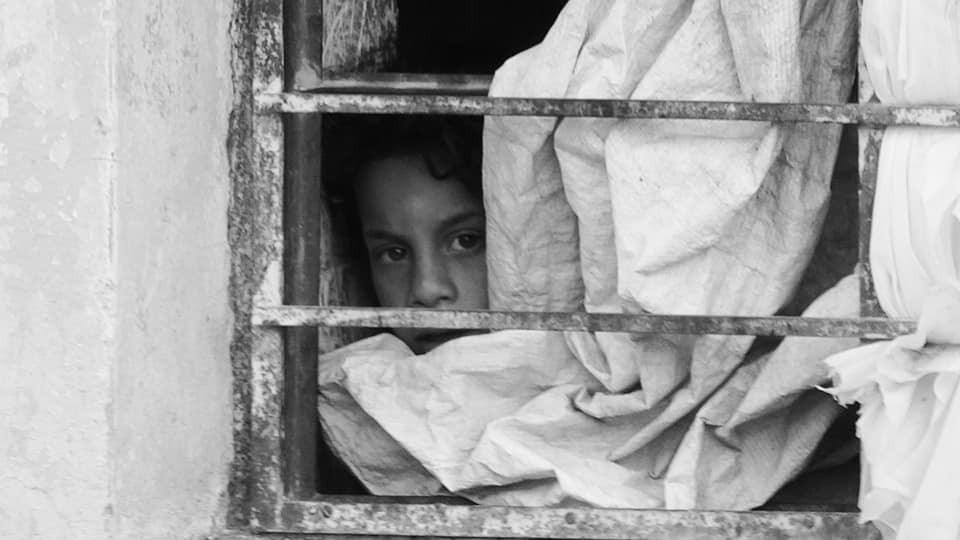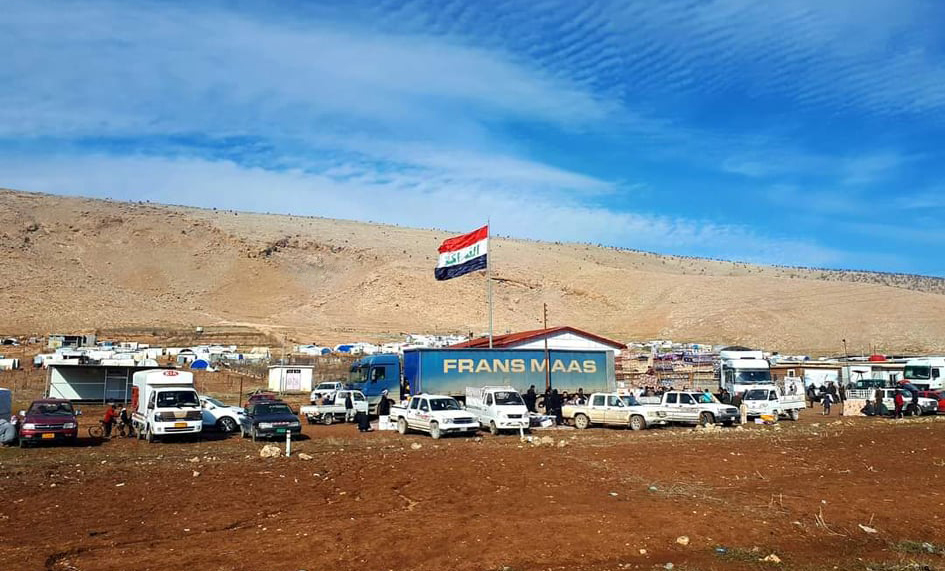Another 89 displaced families returned to their hometown of al-Qahtaniyah sub-district (Tal Uzair) of Shingal district, Ninewa province, last month, after eight years they spent in the Sardasht camp for the displaced in Mount Shingal.
According to the plans of the government and the International Organization for Migration (IOM), the camp will be closed next spring.
The IOM in cooperation with the Iraqi government, has begun its campaigns to facilitate the return of all the Internally Displaced Persons IDP by rehabilitating their houses, cash financial assistance and some necessary supplies.
These steps resulted in the return of 89 families at the end of last month, while tens of other families are waiting to complete their documents.
Ali Shabo, who was the director of the Sardasht IDP camp until the middle of last year and one of the people who registered their names with the IOM to help him return home, said, "The IOM, as part of a series of measures to help the camp residents, registered their names to return to their houses."
The measures include providing financial assistance, rehabilitating destroyed houses, providing job opportunities and securing transportation expenses, but the amount of financial assistance varies according to the standard of living for each family.
"The IDPS whose houses were destroyed and whose financial conditions are critical, their houses will be rebuilt, and they will be given USD1,000. As for those whose homes were not demolished, but they have limited income, they will be given $1,700, while job opportunities will be created for some of them," Shabo said.
"The 400 families are waiting for the government and organizations to help them return," Shabo added.
After the attacks of the "Islamic State of Iraq and the Levant - ISIL", the majority of the displaced Yazidis headed to Mount Shingal (120 km west of Mosul). At the beginning, the Sardasht camp housed 2,300 displaced families, but now their number has dropped to less than 400 families.
When ISIS invaded Mosul and took large swathes of Iraq in 2014, thousands of Peshmerga (Kurdish fighter) and Iraqi military and security forces withdrew without resistance.
Taking advantage of this security gap, guerrillas of the Kurdistan Workers Party PKK, fighting Turkey since 1980s and holding territories in Iraq, moved into the Shingal and opened a safe corridor for people fleeing from ISIS by establishing a defense-line on Mount Shingal and from there to IDP camps in Duhok Northern province.

Khalida Murad, an Ezidi girl, returned last December with her family members to Al-Qahtaniya.
“IOM gave us $1,000, and we are among the families that the organization pledged to rehabilitate our houses,” Murad said.
Despite the poor living conditions, the IDPs on Mount Shingal were reluctant to return to the war-torn Shingal which lacks basic public services and stability due to the conflict between the armed groups.
Khalil Haji Murad, a resident of a village belonging to al-Qahtaniyah, has been living in Sardasht camp for eight years.
"We also want to return, but our homes were destroyed by Daesh (ISIS) and we do not have the possibility to rebuild them. The Migration Organization has listed our names to help us return."
According to one of the paragraphs of the agenda by the new federal government chaired by Muhammad Shia'a al-Sudani, which won the confidence of Parliament at the end of October 2022, all IDPs must be returned to their areas of origin within six months, and this includes more than a million citizens who are still displaced - according to statistics by IOM.
Our conditions in the camp are more than bad
In a press conference held on December 29, 2022, Evan Gabro, the Iraqi Minister of Migration and Displacement, stressed that "the file of the displaced in Iraq will be resolved in six months according to the government's work program," and that the ministry is coordinating with the Kurdistan Regional Government KRG to facilitate the return of the IDPs.
In 2020, the Iraqi government suspended the aid it was sending to the IDPs of Mount Shingal such as food, fuel and household needs, given that in that year it had decided to close the camps for the displaced throughout Iraq, with the exception of the Iraqi Kurdistan Region IKR.
"Our conditions in the camp are more than bad. The aid that organizations used to provide us has been cut off, and we don't know what to do," says Khalil Hajji Murad.
Shabo, the former director of Sardasht camp, who currently works for a migration organization, said, "Next February, the names of 100 other families will return and they will return to their homes. By the spring of this year, all the residents of Sardasht camp will return, and the camp will be closed."





